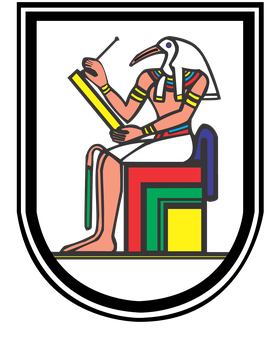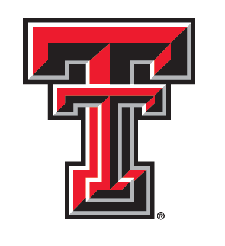Meta - Analysis
Many of our collaborations came through our meta analysis as we were interested in learning more about other teams and the process behind their project choosing. The idea of the meta analysis was born out of our collaboration with the Oxford iGEM team. During our skype calls we realized how different our initial brainstorming processes were, as genetically modifying plants were not a project path that they considered. They helped us to create the initial idea of the meta analysis as we compared the regulation differences between our countries. We decided to expand on this idea by carrying out our meta-analysis, which can be accessed here. We reached out to teams randomly as case studies and we are very grateful for their honest and insightful answers. Our case studies were essential to allowing us to draw conclusions from our meta-analysis.










Texas iGEM meetup
The UT Austin iGEM team graciously hosted our team and the Texas Tech iGEM team on their campus for a meetup. We were able to discuss our projects in great depth with each other and helped to improve our presentations. They were also the first teams that we asked our meta analysis questions to, so their initial feedback helped us in how we approach other teams and also gave us an idea of what kind of answers to expect. Additionally we worked with UT Austin as their project consisted of a burden thermometer. UT Austin was able to test their burdenometer by testing the burden of the kit parts that we used in our constructs. The burden of our parts helped us to understand the overall impact of our constructs. We were also able to talk to the Texas Tech iGEM about the difficulties they face due to being a small team with limited advisors. Our team continued this discussion with our PIs and other advisors back at Rice, and we hope that in the future our advisors can act as resources for the Texas Tech iGEM team and possibly even a joint team. .



Thessaloniki iGEM
In August 2019 we started a communication with the Thessaloniki iGEM team in order to find a way of collaborating meaningfully in terms of the competition. Early on in our conversation we realized that our project, which involved genetically modifying root bacteria that would be used in the fields was unlikely to be popular in Greece. We shared with them the questions that we asked local Houston farmers and they presented our idea to local farmers in Greece as a proposal for future use in crops. It was interesting to see the cultural differences that stem from regulation differences. The Thessaloniki iGEM team’s project this year was concerned with bioethics so we discussed again cultural differences and provided them with another viewpoint.
OSU iGEM
We initially reached out to the OSU iGEM team over the summer because we saw another team that was working with rhizobacteria. During our Skype call we were able to talk to them about the Pseudomonas that we were using, and realized that we had similar procedure questions in mind. Specifically, when we initially looked up pseudomonas procedures, we had trouble finding the procedures that we could carry out with our lab equipment as we could not carry out electroporation. The OSU iGEM team was kind enough to also get their PI’s permission to share his personal Pseudomonas transformation protocols with our team.In the end, we were able to make a combined procedure for our Pseudomonas transformations that worked with our equipment.
UPRM iGEM
The UPRM iGEM was kind enough to answer our meta-analysis questions and as a first year team they provided helpful insight for our analysis. We were also able to work with them on their iGEM Weather Contingency Plan, as their team knew from personal experience how important it is to be prepared for extreme weather situations. Extreme weather disasters have also affected Houston, with Hurricane Harvey in fall 2017 and Tropical Storm in fall 2019. The Rice campus was fortunate to not be dangerously affected from the flooding and our safety precautions kept students safe, but many communities around us were not as fortunate. Hopefully our input to their collaboration can give them another viewpoint on different responses to weather conditions. Additionally, their surveys brought up important discussions for our team as Houston is prone to extreme weather disasters and while we have been fortunate thus far it is always important to have a contingency plan.
